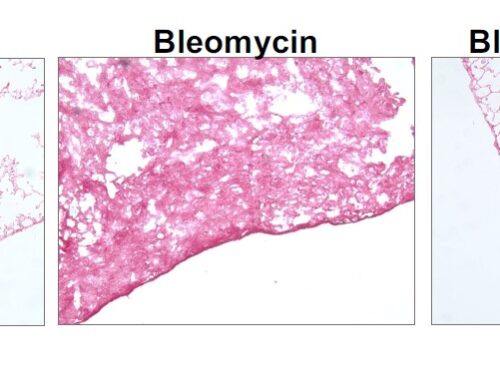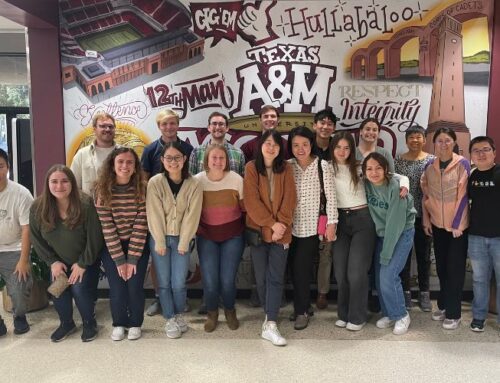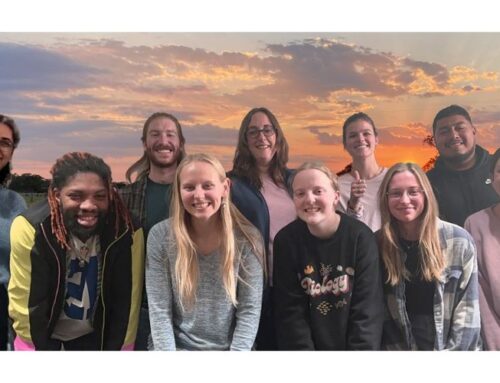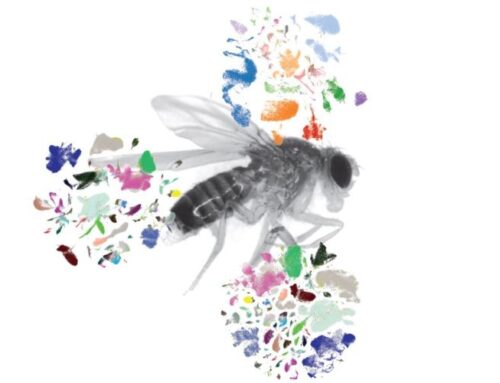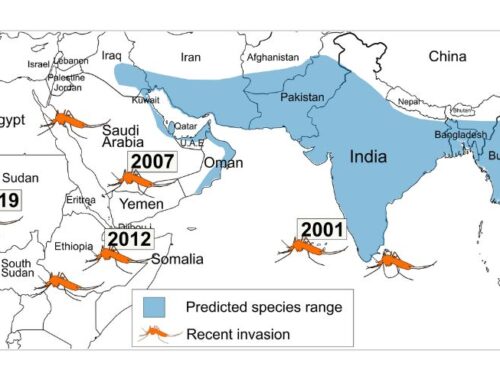Graduate Student Spotlight, Yu Tang
This month’s Graduate Student Spotlight highlights Yu Tang. A student in the Gomer Lab, Yu works on the mechanism of extracellular polyphosphate induced proliferation inhibition in Dictyostelium discoideum. Learn more about Yu and his graduate experience in this month’s Spotlight below.

Yu Tang
I am a sixth year PhD student in Dr. Gomer’s lab. I received my B.S. at Beijing Normal University in China. When I was an undergraduate student, I worked at Dr. Wei Zhang’s lab, studying on the mechanism of the protein P15RS effect on cancer cell migration and invasion. During that time, I learned the basic concept and skills of cell biology research. I joined the PhD program in Department of Biology, Texas A&M University at 2014.
In Gomer Lab, I have worked on identifying the receptor of a chemorepellent, a protein called AprA, in the model organism Dictyostelium discoideum, and elucidating the functional similarity between AprA and the human neutrophil chemorepellent DPPIV. Currently I am studying the mechanism of extracellular polyphosphate induced proliferation inhibition in Dictyostelium discoideum.
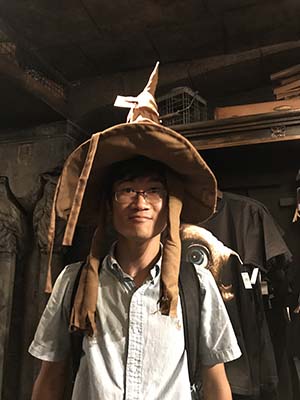
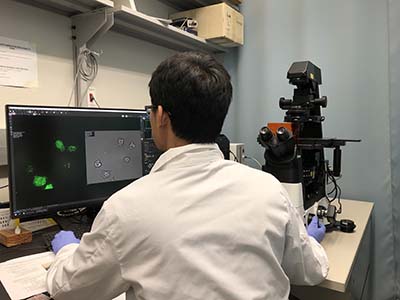
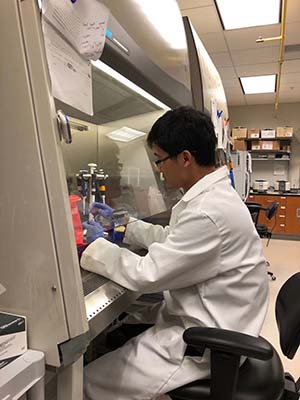
Who is your role model, and why?
My role model is Madame Curie. She devoted herself to science, focused on it, and obtained great achievements that improved the society. Nowadays, it is so hard to devote yourself to one thing, as there are plenty of temptations distracting your attention.
What is the best advice you’ve been given?
Separate your big goals into small aims. Sometimes the big goal looks too far away or too hard to achieve. Dividing it into many relatively easier small aims, and trying to finish them one by one by one, helps me to get closer to my final goal every day.
What advice would you give to new/incoming students?
Be open to any research field.
Don’t be afraid to ask questions, no matter how stupid you feel it looks like.
Talk with your lab mates, know what others are working on.
What characteristics do you prize most in a colleague?
Responsible, honest, enthusiastic and always spreading positive energy.
What attracted you to your major?
The complexity of life, the close relationship to daily life, and so many unknown things waiting to be discovered in this field.
What projects are you currently working on?
Currently I am studying the mechanism of extracellular polyphosphate induced proliferation inhibition in Dictyostelium discoideum. The big picture is understanding how tissues regulate their size. A hypothesis of how cells know when to stop proliferation is by secreting an autocrine proliferation inhibition factor, called chalone. Chalone concentration goes up along with cell number going up, and after reaching a certain concentration the chalone will stop the cells proliferation.
Though there are considerable evidences of chalone existence in human tissues, most of them are unidentified, and whether they are proteins, peptides or inorganic molecules is unknown. So, there is a major gap in our knowledge of the identity of chalones and the associated signal transduction pathways that repress the proliferation of the secreting cells. Our lab has found that in the model organism D. discoideum, cells secrete and accumulate polyphosphate as a chalone. By understanding the polyphosphate signal transduction pathway in D. discoideum, this may help us to understand the chalones and their signal transduction pathways in human tissues.
What do you consider to be the strengths of your research program?
The diversity, you can get advice from various areas.
Friendly and helpful faculty and staff.

